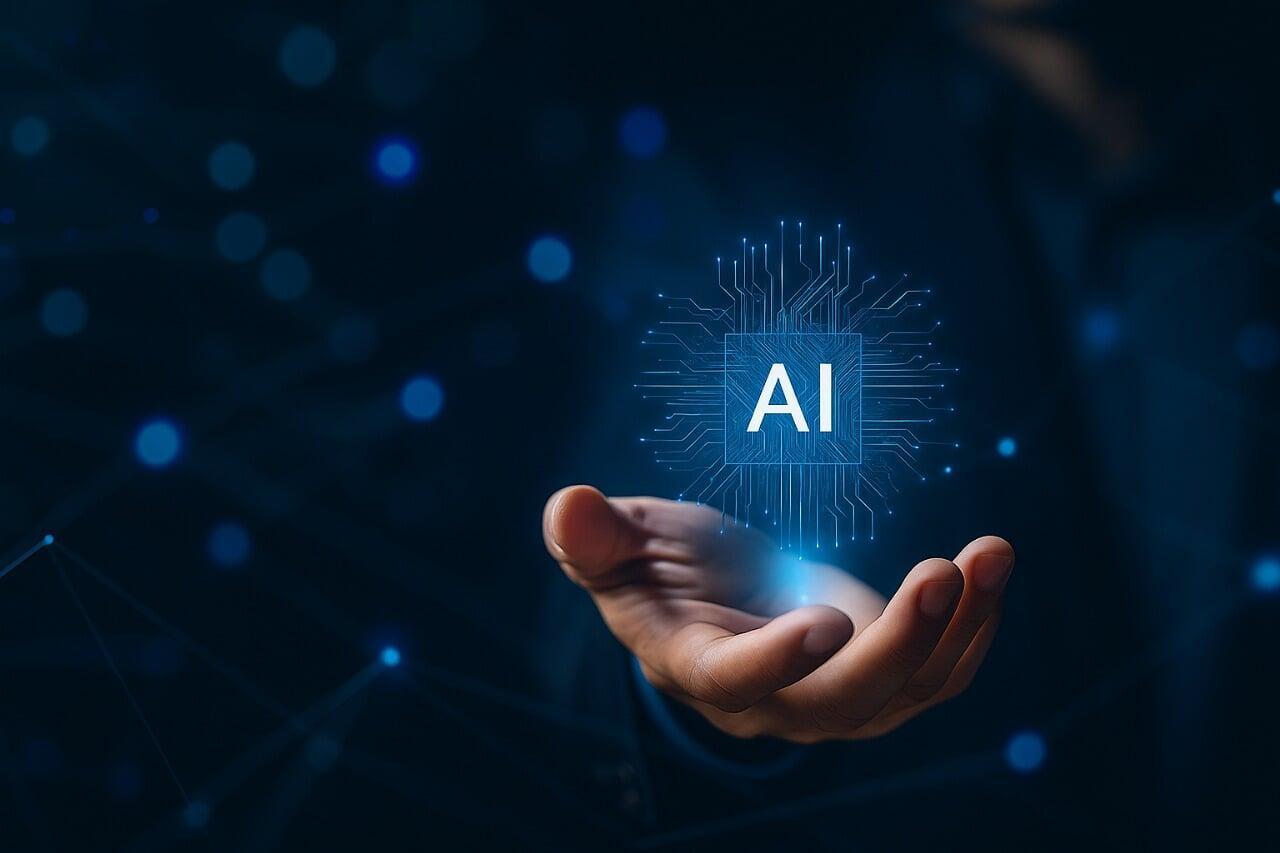
The construction industry has always been a sector of complexity. From managing multiple stakeholders to ensuring compliance and keeping projects on track, the layers of documentation and legal agreements can feel overwhelming. Traditionally, contracts in construction were lengthy, rigid, and heavily paper-based. Today, however, the combination of artificial intelligence (AI) and software as a service contract solutions is reshaping how construction firms handle risk, compliance, and collaboration.
At the core of this transformation is the rise of cloud based construction technology. By moving contracts and project data into secure, digital platforms, companies are discovering smarter ways to work—ways that save time, reduce disputes, and improve efficiency across the board.
The Challenges of Traditional Contracts in Construction
Construction projects often involve numerous parties—contractors, subcontractors, architects, engineers, and clients. With such diversity, contracts are both a necessity and a bottleneck. Paper-based agreements are vulnerable to errors, miscommunication, and delays. In fact, contract disputes are one of the most common causes of project overruns and financial loss.
Traditional contract management also struggles with transparency. Tracking amendments, version histories, or compliance issues is labour-intensive when everything is stored in filing cabinets or scattered across spreadsheets. In a sector where time equals money, this outdated approach can hold businesses back.
Enter AI and SaaS: A Smarter Way Forward
The arrival of software as a service contract platforms—enhanced by AI—is offering construction businesses a better way to manage risk. SaaS models allow firms to access powerful contract management tools directly from the cloud, without the need for costly infrastructure.
AI-driven platforms bring added intelligence to the process. They can analyse contract language for risk, flag non-compliance, and even recommend revisions. This means construction companies no longer need to rely solely on manual reviews, which are not only time-consuming but also prone to human error.
For instance, AI can quickly identify clauses that may expose a contractor to unnecessary liability, or highlight missing safety requirements critical to a project. By catching these issues early, companies can avoid disputes down the track.
Benefits of Cloud Based Construction Contracts
The shift toward cloud based construction solutions brings a range of benefits to the industry:
1. Centralised Access and Collaboration
With cloud-hosted contracts, all stakeholders can access the same document in real time. Whether it’s a subcontractor on-site or a project manager in the office, everyone is working from the latest version. This minimises miscommunication and ensures project alignment.
2. Automated Compliance
Regulations in construction are strict and ever-changing. AI-enabled SaaS systems can automatically track compliance requirements and send alerts when updates are needed. This ensures that companies stay on the right side of the law while avoiding costly penalties.
3. Faster Approvals
Delays in contract approvals can stall projects for weeks. With digital workflows, signatures can be secured electronically in minutes. AI can even automate approval routing, ensuring that the right stakeholders sign off without unnecessary delays.
4. Data Security
Contracts contain sensitive financial and legal information. Cloud-based systems offer secure storage with encryption, multi-factor authentication, and audit trails. Unlike paper contracts that can be lost or damaged, digital records are far more resilient.
5. Predictive Insights
Perhaps one of the most exciting opportunities lies in AI’s predictive power. By analysing past projects, the system can forecast risks, cost overruns, or potential delays. This helps businesses make proactive decisions rather than reactive ones.
Real-World Applications in Construction
Forward-thinking construction companies are already adopting software as a service contract tools integrated with AI. Large-scale projects, for example, use AI to manage hundreds of subcontractor agreements simultaneously, reducing administrative overhead.
On infrastructure projects, AI systems have been used to predict where disputes might arise based on historical contract data. This proactive approach not only reduces conflict but also builds stronger trust among stakeholders.
Meanwhile, smaller firms benefit from scalability. SaaS platforms can grow with their needs, making advanced tools accessible even for businesses without huge budgets.
Zoho Contracts: Simplifying Contract Management
Among the growing suite of SaaS applications, Zoho Contracts is gaining attention as a practical solution for construction firms. It streamlines the entire contract lifecycle—from drafting and collaboration to approvals and renewals—within a single cloud-based platform. Zoho’s integration with other Zoho applications also ensures seamless workflow management, connecting contract data with project tracking, finance, and compliance systems.
For construction companies, this means less time chasing paperwork and more focus on delivering projects. AI-enabled features inZoho Contracts also help flag risks, maintain compliance, and ensure stakeholders always have access to the latest version of a document.
The Future of Contract Management in Construction
As the construction sector embraces digital transformation, contracts will no longer be static, reactive documents. Instead, they will evolve into dynamic, living agreements that adapt in real time. AI will play a larger role in negotiation, ensuring that contracts are fair, balanced, and free of unnecessary risks.
The combination of AI, SaaS, and cloud based construction platforms is more than just a technological shift—it’s a cultural one. It promotes collaboration, accountability, and transparency across all levels of a project.
Conclusion
The integration of AI-driven software as a service contract solutions is revolutionising the construction industry. By replacing outdated, manual methods with intelligent, cloud based construction platforms such as Zoho Contracts, companies are gaining efficiency, reducing risks, and paving the way for smarter project delivery.
As competition in the construction sector grows fiercer, those who embrace these technologies will not only manage contracts better but also position themselves as leaders in innovation. The future of construction isn’t just about building structures—it’s about building smarter processes, and AI-driven SaaS contracts are leading the way.


